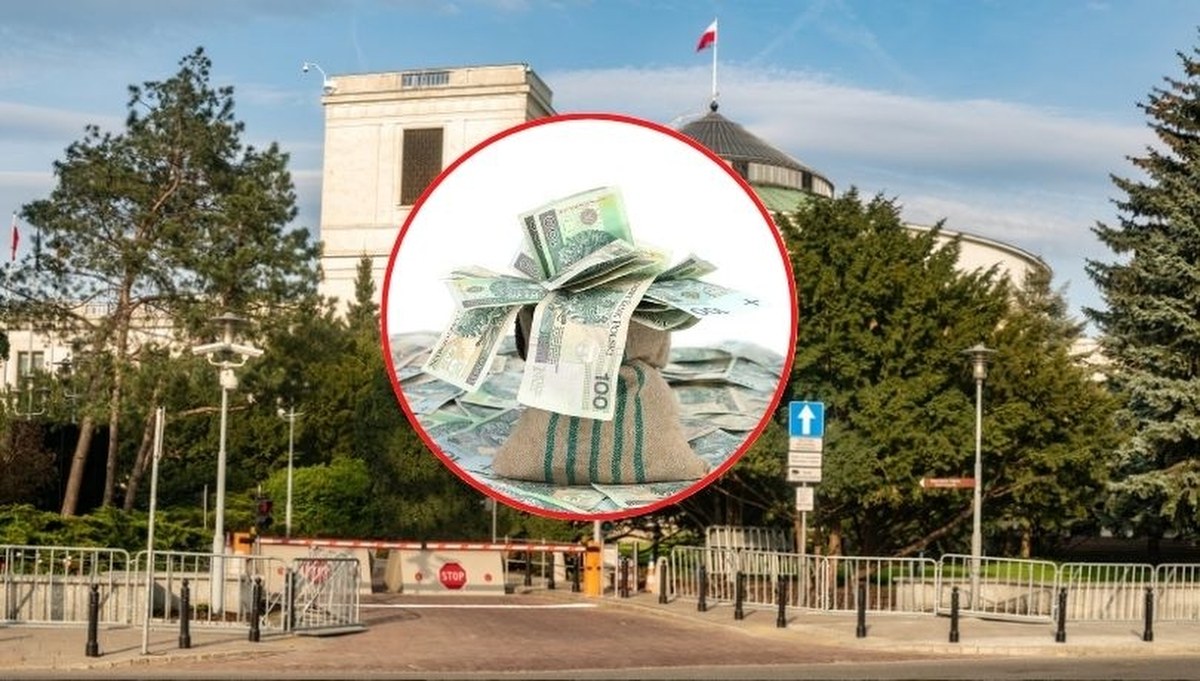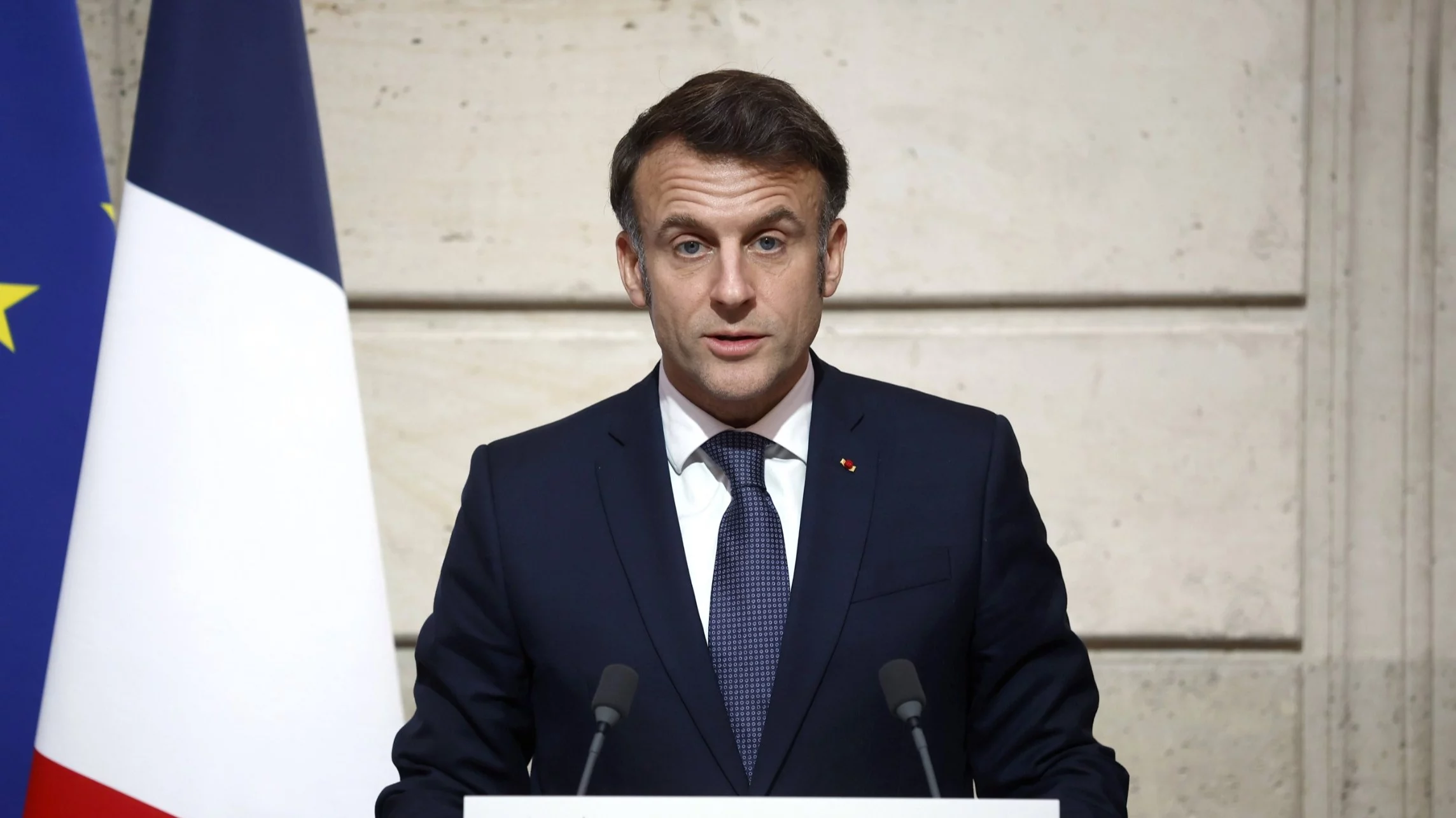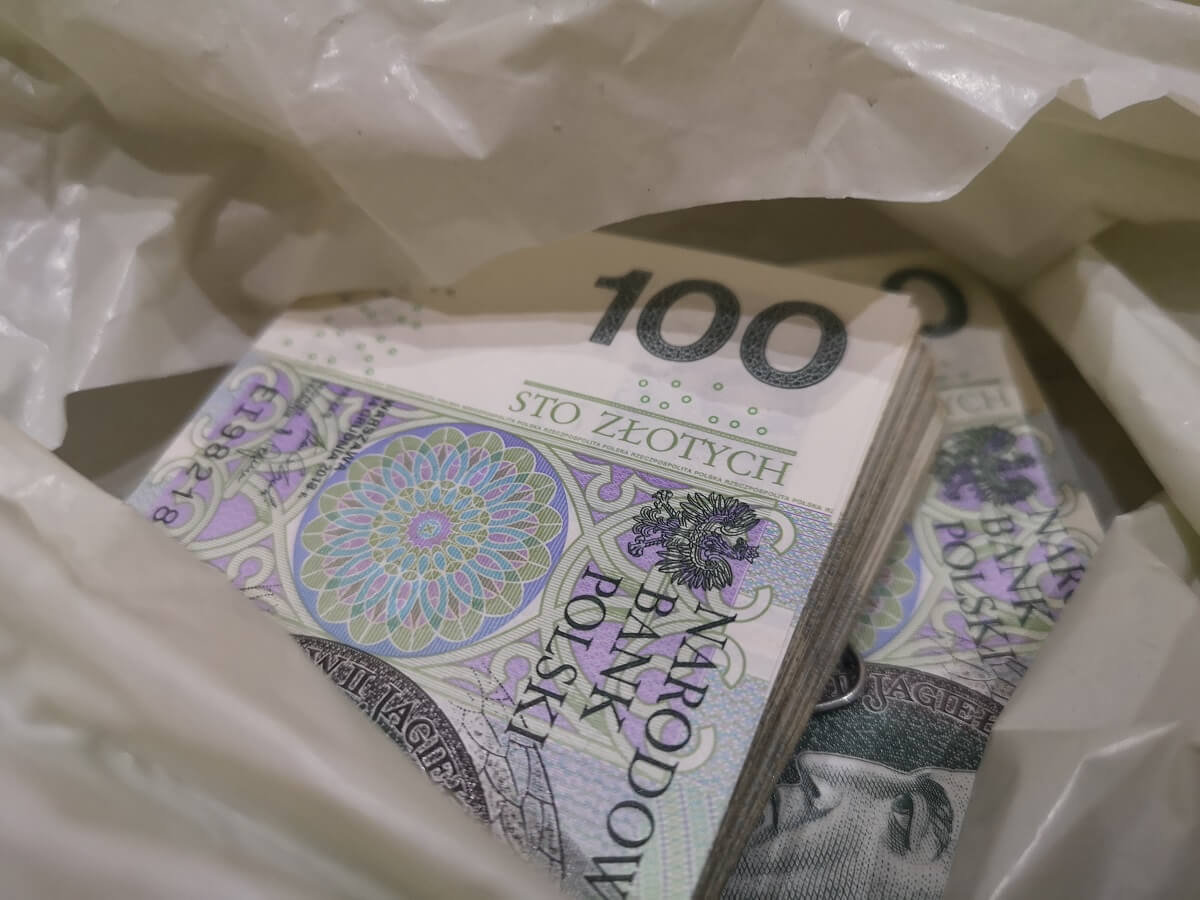
The Most Dramatic Narrative Shift In Modern History
Authored by Jeffrey Tucker via The Brownstone Institute,
The most dramatic narrative shift in this post-lockdown period has been the flip in the perceptions of government itself. For decades and even centuries, government was seen as the essential bulwark to defend the poor, empower the marginalized, realize justice, even the playing field in commerce, and guarantee rights to all.

Government was the wise manager, curbing the excess of populist enthusiasm, blunting the impact of ferocious market dynamics, guaranteeing the safety of products, breaking up dangerous pockets of wealth accumulation, and protecting the rights of minority populations. That was the ethos and the perception.
Taxation itself was sold to the population for centuries as the price we pay for civilization, a slogan emblazoned in marble at the DC headquarters of the IRS and attributed to Oliver Wendell Holmes Jr., who said this in 1904, ten years before the federal income tax was even legal in the US.
This claim was not just about a method of funding; it was a commentary on the perceived merit of the whole of the public sector.
Yes, this view had challengers on the right and left but their radical critiques rarely took hold of the public mind in a sustained way.
A strange thing happened in 2020.
Most governments at all levels across the globe turned on their people. It was a shock because governments had never before attempted anything this audacious. It claimed to be exercising mastery over the whole of the microbial kingdom, the world over. It would prove this implausible mission as a valid one with the release of a magic potion made and distributed with its industrial partners who were fully indemnified against liability claims.
Suffice it to say that the potion did not work. Everyone got Covid anyway. Most everyone shook it off. Those who died were often denied common therapeutics to make way for a shot that clocked the highest rate of injury and death on public record. A worse fiasco would be hard to invent outside dystopian fiction.
Participating in this grand crusade were all the commanding heights. That included mass media, academia, the medical industry, the information systems, and science itself. After all, the very notion of “public health” itself implies a “whole of government” and a “whole of society” effort. Indeed, science – with its high status earned from many centuries of achievement – led the way.
The politicians – the people for whom the public votes and who form the one real connection that the people have with the regimes under which they live – went along but did not seem to be in the driver’s seat. Nor did the courts seem to have much role. They were closed along with small businesses, schools, and houses of worship.
The controlling forces in every nation traced to something else we did not normally think of as government. It was the administrators who occupied agencies that were deemed independent of public awareness or control. They worked closely with their industrial partners in tech, pharma, banking, and corporate life.
The Constitution did not matter. Neither did the long tradition of rights, liberty, and law. The workforce was divided between essential and nonessential in order to survive the great emergency. The essential people were the ruling class plus the workers who serve them. Everyone else was deemed unessential to social functioning.
It was supposed to be for our health – government merely looking after us – but this claim lost credibility quickly, as mental and physical health plummeted. Desperate loneliness replaced community. Loved ones were forcibly separated. The aged died alone with digital funerals. Weddings and worship were cancelled. Gyms were closed and then opened later only for the masked and the vaxxed. The arts died. Substance abuse skyrocketed because while everything else was closed the liquor stores and pot shops were open for business.
Here was when perceptions dramatically changed.
Government was not what we thought. It is something else. It does not serve the public. It serves its own interests. Those interests are deeply woven into the fabric of industry and civil society. The agencies are captured. The largesse flows mainly to the well-connected.
The bills are paid by the people who had been deemed nonessential and who were now being compensated for the troubles with direct payments that were created by a printing press. Within a year, this showed up in the form of inflation that dramatically reduced real income during an economic crisis.
This huge experiment in pharmacological planning ended up flipping the rubrical narrative that had largely covered public affairs for everyone’s lifetimes. The terrible reality was being broadcast to the whole population in ways no one had ever before experienced. Centuries of philosophy and rhetoric were being shredded before our eyes, as whole populations came face-to-face with the unthinkable: government had become a grand scam or even criminal enterprise, a machinery that served only elite plans and elite institutions.
As it turns out, generations of ideological philosophizing had been chasing fictional rabbits. This is true for all the main debates about socialism and capitalism but also the side debates about religion, demographics, climate change, and so much more. Nearly everyone had been distracted from seeing the things that matter by hunting for things that did not actually matter.
This realization transversed typical partisan and ideological boundaries. Those who did not like to think about issues of class conflict had to face the ways in which the whole system was serving one class at the expense of everyone else. The cheerleaders of government beneficence faced the unthinkable: their true love had become malevolent. The champions of private enterprise had to deal with the ways in which private corporations participated and benefited from the entire fiasco. All major political parties and their journalistic backers participated.
No one’s ideological priors were confirmed in the course of events, and everyone was forced to realize that the world worked in a very different way from what we had been told. Most governments in the world had come to be controlled by people no one elected and these administrative forces were loyal not to voters but to industrial interests in media and pharma, while the intellectuals we had long trusted to say what is true went along with even the craziest of claims, while condemning dissent.
Making matters more confusing, no one in charge of this disaster would admit error or even explain their thinking. The burning questions were and are so voluminous as to be impossible to list in full. In the US, there was supposed to be a Covid commission but it never formed. Why? Because the critics far outweighed the apologists, and a public commission proved too risky.
Too much truth could get out, and then what would happen? Behind the public health rationale for the destruction, there was a hidden hand: national security interests rooted in the bioweapons industry that has long lived under a classified cover. This is likely what accounts for the strange taboo concerning this whole topic. Those who know cannot say while the rest of us who have been researching this for years are left with more questions than answers.
While we wait for a full accounting of how it is that rights and liberties were crushed worldwide – what Javier Milei has called a “crime against humanity” – there is no denying the reality on the ground. There was certain to be a blowback, the ferocity of which would only intensify the longer justice is delayed.
For several years, the world had awaited the political, economic, cultural, and intellectual fallout, while the perpetrators held on hoping that the whole subject would just go away. Forget about Covid, they kept saying to us, and yet the sheer size and scale of the calamity would not go away.
We live in the midst of that now, with minute-by-minute revelations of where the money went and who precisely was involved. Multiple trillions were squandered as the people’s standard of living took a dive, and now top among the burning questions is: who got the money? Careers are being wrecked as famous anti-corporate crusaders like Bernie Sanders turn out to be the US Senate’s largest single beneficiary of pharma largesse, exposed for the world.
The Sanders story is just one data point of millions. The news of the sheer number of rackets is spilling out like an avalanche minute-by-minute. The newspapers we thought were chronicling public life turned out to be on the take. The fact-checkers were always working for the blob. The censors were only protecting themselves. The inspectors we believed were keeping an eye out were always in on the game. The courts keeping tabs on government overreach were enabling it. The bureaucracies tagged to implement legislation were unchecked and unelected legislatures in themselves.
The shift is beautifully illustrated by USAID, a $50 billion agency that claimed to be doing humanitarian work but which was really a slush fund for regime change, deep-state operations, censorship, and NGO graft on a scale never before seen. Now we have the receipts. The entire agency, lording over the globe like an unchecked colossus for decades, seems destined for the trash heap.
And so on it goes.
Frequently overlooked in all the commentary on our times is how the second Trump administration is Republican in name only but mostly consists of refugees from the other party. Tick through the names (Trump, Vance, Musk, Kennedy, Gabbard, and so on) and you find people who only a few years ago were associated with the Democratic Party.
Which is to say that this aggressive rooting out of the deep state is being achieved by what is a de facto third party aimed at overthrowing the establishments of the legacy ones. And this is not just in the US: the same dynamic is taking shape throughout the industrialized world.
The entire system of government – properly conceived of not as a democratically elected conduit of the peoples’ interest but instead a complicated and unelected network of unfathomable industrial racketeering with a ruling class at the controls – seems to be unraveling before our eyes.
It’s like the old episodes of Scooby-Doo when the scary ghost or mysterious specter has the mask removed and it is the town mayor all along, who then proclaims that he would have gotten away with it but for these meddling kids.
The meddling kids now include vast swaths of the world’s population, burning with a passionate desire to clean up the public sector, expose the industrial scams, unearth all the secrets that have been kept for decades, put power back into the hands of the people as the liberal age promised long ago, while seeking justice for all the wrongdoing of these last hellish five years.
The Covid operation was an audacious global attempt to deploy all the power of government – in all the directions from and to which it flowed – in service of a goal never before attempted in history. To say that it failed is the understatement of the century. What it did was unleash fires of fury the world over, and whole legacy systems are in the process of burning down.
How deep is the corruption?
There are no words to describe its breadth and depth.
Who is regretting this?
It’s the legacy news media, the legacy academic establishment, the legacy corporate establishment, the legacy public-sector agencies, the legacy everything, and this regret knows no partisan or ideological bounds.
And who is celebrating this or, at least, enjoying the upheaval and cheering it on?
It’s the independent media, the genuine grassroots, the deplorables and nonessentials, the pillaged and oppressed, the workers and peasants who were forced to serve the elites for years, those who have been truly marginalized through decades of exclusion from public life.
No one can be sure where this ends up – and no revolution or counterrevolution in history is without cost or complication – but this much is true: public life will never be the same for generations to come.
Tyler Durden
Sun, 02/09/2025 – 15:10














